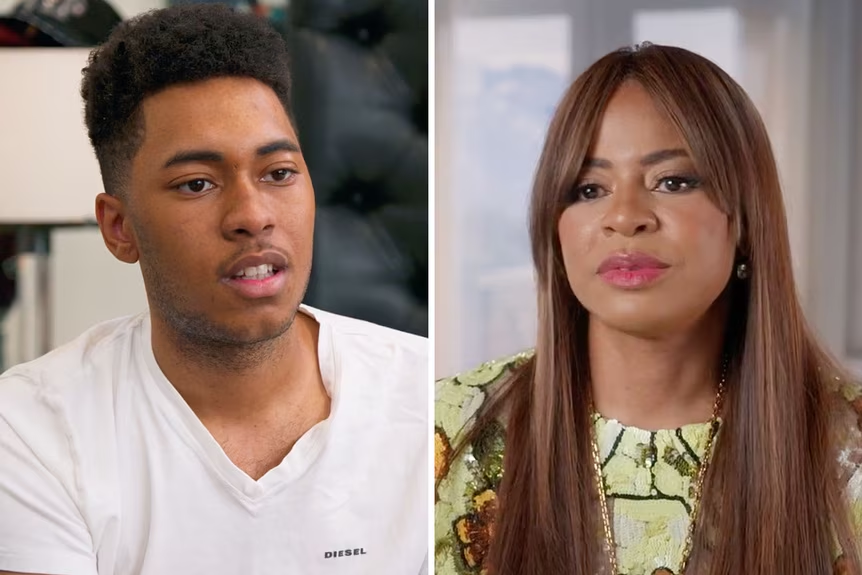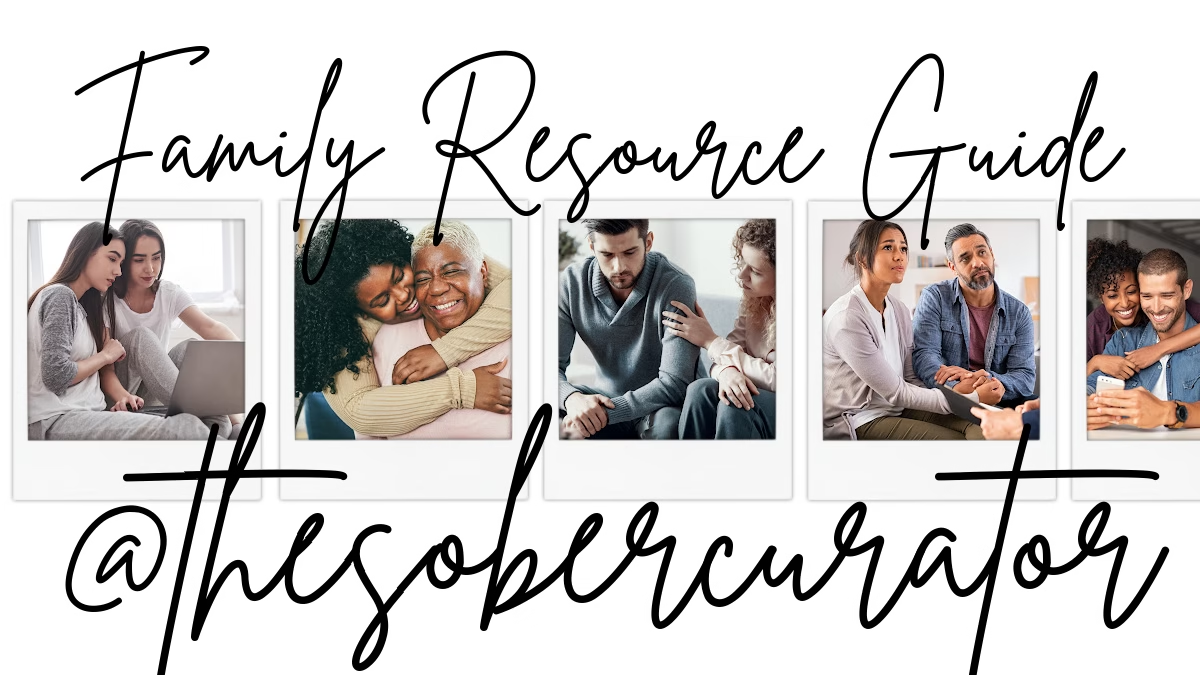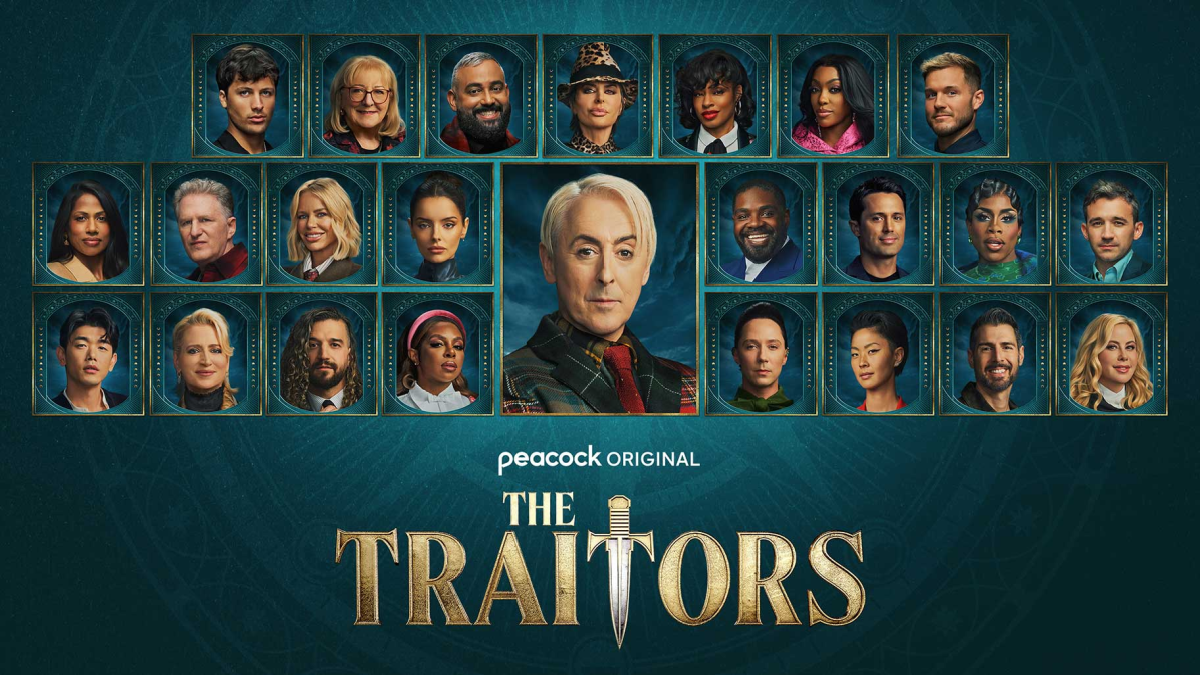
“The Real Housewives of Salt Lake City” isn’t typically where viewers go looking for lessons in recovery. More often, it’s known for icy confrontations, quick-witted clapbacks and the drama of friendship fallouts. But in Season 6, Episode 2, the show paused long enough to capture something rare: a mother and son in the thick of an honest, tender conversation about addiction.
That moment belonged to Mary Cosby and her son, Robert Jr. Viewers who know Mary for her biting one-liners may have been startled by the posture she took with him: present, grounded and compassionate. What unfolded was not a spectacle but something far more important — a glimpse at the courage it takes to speak honestly about recovery, and the power of language to shape those conversations.

The courage to speak out loud
Robert Jr., just 22, had recently completed a 30-day rehab program. Sitting across from his mother, he admitted to feeling stuck.
“I’m not in that dark place, but, like, it’s still there, if that makes sense,” he said. “I just didn’t expect it to be like this. … You have to change who you are as a person. Like, you’re so used to doing something you do every day and it’s a ritual. And then, you just come back home to where you used to do that ritual and you’re not doing it anymore.”
The courage here shouldn’t be overlooked. Speaking candidly about relapse, cravings or even the “standstill” of recovery is often harder than the treatment itself. Robert Jr. admitted he had been isolating, that he sometimes still turned to weed and that he was beating himself up for not being “perfect.”
That kind of vulnerability, especially on national television, breaks stigma by showing recovery in its messy, nonlinear reality.
The honesty of recovery
Robert Jr.’s words highlight a truth anyone who has walked this path will recognize: recovery doesn’t erase struggle. It reshapes it. Leaving behind old friends and rituals often creates a void. In that void, the temptation to find “stimuli from unhealthy sources,” as he put it, can be strong.
There’s something deeply honest in Robert Jr.’s admission that he hasn’t figured it all out. It echoes what recovery circles have always known: honesty is the bedrock, not perfection. Saying “this is hard” or “I’m still struggling” keeps the conversation alive. Silence, on the other hand, isolates.
Mary’s response
And this is where Mary’s role matters. Known for her shade-throwing delivery and cutting wit, she could have turned the conversation into a reprimand. Instead, she stayed soft.
“Every day is not easy, and I know you have to take life day by day. Sometimes you fall, but you get back up. … We’re fighters. We fight.”
Mary Cosby
She also affirmed why Robert Jr.’s choice to cut ties with old friends mattered:
“Sometimes, you’re trying to go up a step or your life is elevating, and the people that are with you are not. They’re pulling you down.”
Mary Cosby
Those words, spoken without condescension, reflect what compassionate language looks like in recovery. They name the reality — this is hard, some people can’t come with you — while also holding hope. Mary didn’t minimize his struggle, nor did she catastrophize it. She met him in the middle, a posture that says: I see you, I’m with you and I believe in your fight.
Why language matters
Recovery spaces often talk about the power of language. The way we speak about addiction can either reinforce shame or dismantle it. Words can build trust or shut it down. For many families, conversations about sobriety are marked by fear, blame or silence. That’s why Mary Cosby’s choice matters.
Her language didn’t erase the difficulty, but it made space for honesty to keep flowing. She let her son articulate his struggle without interruption, then affirmed his fight with compassion. This wasn’t just a TV moment; it was a masterclass in how language becomes the first point of intervention.
What we can take from it
“The Real Housewives” franchise is often dismissed as guilty-pleasure TV, but it occasionally offers moments of surprising depth. In this case, it showcased what many recovery communities already know: courage and compassion are twin forces. The courage to speak openly about struggle, and the compassion to respond without judgment, are what keep people tethered to hope.
For anyone watching — whether you’re in recovery yourself, supporting someone who is, or simply trying to be more present to the people you love — the takeaway is clear: words matter. Compassion matters. And sometimes, the most important thing we can do in the face of addiction is exactly what Mary Cosby did: listen, stay present and remind each other that fighters fight.
The Mindful Binge Sobees Score: 4 out of 5

- Mary Cosby Shares an Update on Son Robert Jr.’s Sobriety Journey (Sept 2025)
- Mary Cosby Shares a Tearful Update on Her Son Robert Jr.’s Sobriety Journey (Aug 2025)
- Mary Cosby ‘questioned’ filming son’s addiction scene. But it was the ‘best thing’ her family did: EXCLUSIVE (Jan 2025)
- RHOSLC‘s Mary Cosby Reveals How Life Has Been with Son Robert Jr. After Rehab: ‘He Wanted to Change’ (Jan 2025)
- Mary Cosby’s Son Robert Jr. Reveals Substance Abuse and Mental Health Struggles on ‘RHOSLC’ (Nov 2024)
The Real Housewives of Salt Lake City Season 6 | Bravo

FAMILY RESOURCE GUIDE: Families play a pivotal role in both the path to and through recovery. Research shows that individuals with strong family support have significantly better outcomes, including higher rates of sustained sobriety and improved mental well-being.
According to SAMHSA, people in recovery who receive active support from family members are twice as likely to remain sober and successfully engage with treatment plans. In fact:
- Recovery programs with family involvement see over 60% higher adherence to treatment protocols.
- Nearly 90% of people in recovery credit family or caretaker emotional support as a significant factor in their continued sobriety.
- Active family engagement reduces relapse risk, helps establish healthy routines, and strengthens motivation and accountability.
When families commit to learning about addiction, joining support groups, and actively participating in recovery, their involvement becomes transformative—not just supportive. Recovery is a collective journey, and compassionate, informed family engagement can be the foundation for lasting change.
If you or someone you love is in immediate danger, call 911. If you are in crisis and need immediate help, call 988.

SOBER POP CULTURE at The Sober Curator is where mainstream trends meet the vibrant world of sobriety. We serve up a mix of movie, podcast, fashion, and book recommendations alongside alcohol-free cocktails, celebrity features, and pop culture buzz—all with a sober twist.
We’re here to shatter the “sobriety is boring” myth with a mash-up of 80s neon, 90s hip-hop edge, early 2000s bling, and today’s hottest trends. From celebrity shoutouts to red-carpet style inspo, this is where sober is as chic as it is fun. To the celebs using their platform for good—our Sober Pop Trucker hats are off to you!
Resources Are Available
If you or someone you know is experiencing difficulties surrounding alcoholism, addiction, or mental illness, please reach out and ask for help. People everywhere can and want to help; you just have to know where to look. And continue to look until you find what works for you. Click here for a list of regional and national resources.






